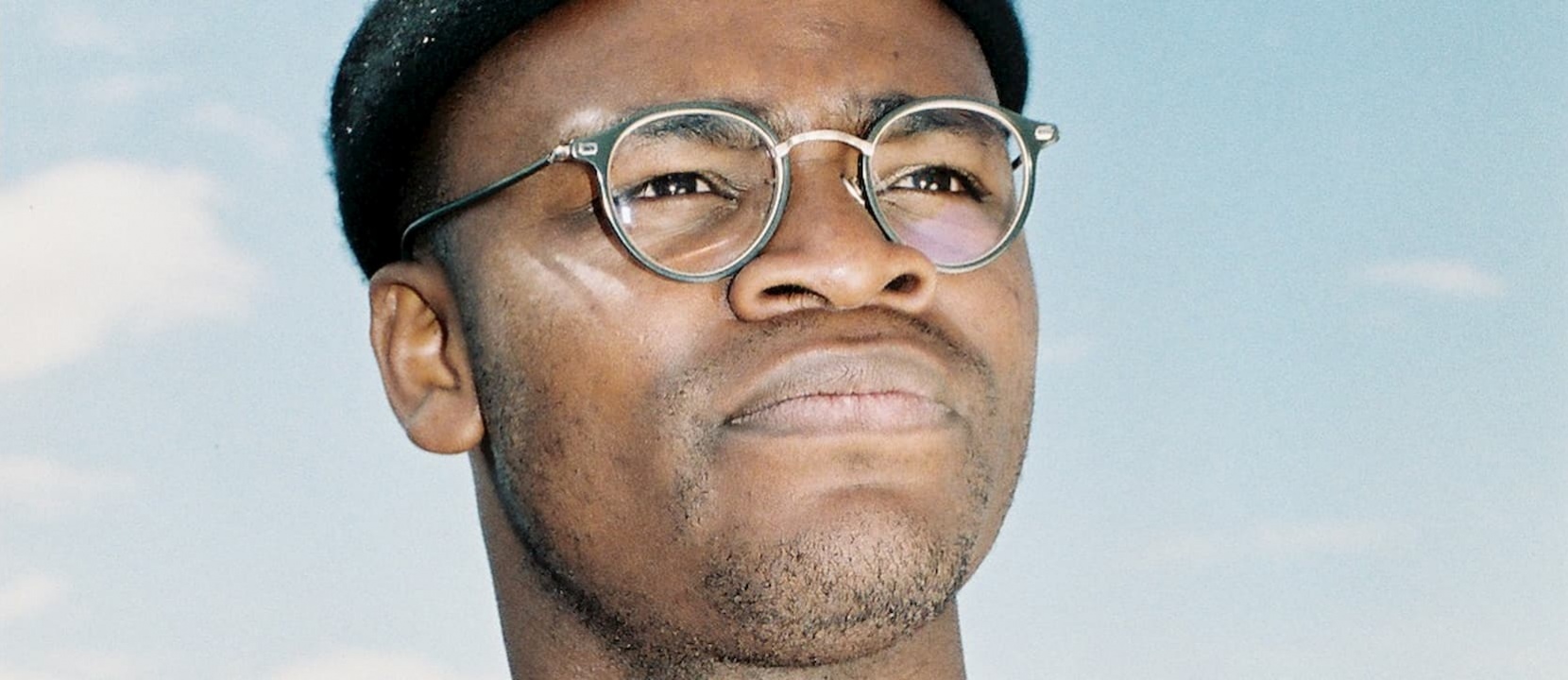You say you dislike the classical repertoire. Remarkable, for a theatre maker who in the recent past worked on both Medea and Moby Dick.
Gorges Ocloo: "I know. (laughs) But I'm fed up with it. I can no longer make a Hamlet, an Oresteia – I can no longer get past that template of the fixed form, the fixed language. More and more often, the little stories that I see on the street or that I read when I open a newspaper are what move me. Like the boy from Genk who was beaten to death by a couple of his friends for a few grams of grass. I come from that neighbourhood myself. He was no Hamlet: nobody knew him, nobody cared. Yet for me, that’s repertoire, small human repertoire, which draws a line between the drama of life in the here and now and the universal tragedy of humankind. We sometimes act as if violence descends upon us from above – that’s what you read in the classical, exalted stories. But it’s inside. It permeates every one of us. We are violence, we are love, we are all of that in one."
At Beeldsmederij DE MAAN in Mechelen, where you serve as artistic director, you recently created a very different piece of repertoire: Anansi was a children's story about a mythical spider.
Ocloo: "It’s a fine example of the alternative way in which repertoire can work. In Ghana, Anansi is not a traditional story or even an established set of stories – it’s merely the figure of a spider. You can appropriate that spider and spin the most fantastic tales or even lies around it. The only requirement is that there be a political undertone to an otherwise superficially cheerful, somewhat naïve story. It’s a kind of open source repertoire: it fills from the bottom up with the stories of our time. After my show about Moby Dick, someone wrote that I hadn't understood what the original was about. But I don't care about the original. It’s about now. We don't make art to repeat something, but to make performances, to make new representations."
The naïveté you speak of – a deliberate, political naïveté – is a thread that not only runs through your work for young audiences, but also through your shows for adults. It’s interesting to bring that 'childishness' into the Bourla Theatre, traditionally a place of more 'exalted’ art.
Ocloo: "I don’t see the distinction. We remain children. Of course we gain more responsibilities as we grow up, but that's where it stops. Have you ever seen children quarrelling? They do it just like adults – with the same gestures, about the same banalities. And the Bourla... (grins) There’s a certain bourgeois aspect to it, of course, and that challenges me. I’m curious to find out how I can create something in that beautiful, bourgeois framework that undermines the framework itself. Because whichever way you look at it, my stories differ from those of the other Toneelhuis makers, who are white and Western, however much they may differ from each other. My metaphors go back to my African roots, to my fascination with voodoo, to the Biblical way in which I think. But that's exactly what makes for a fine mishmash with the rest."
A remarkable strategy! Most theatre makers join a house because they fit in. You do so expressly because you do not.
Ocloo: "Exactly! Precisely because I don’t fit in, it’s important for me to be here. You know, at school in Ghana, the motto was ‘actions, not only words’. I’ve always abided by that. If we want to make work that is diverse, it’s high time to stop talking about it and do it. Don’t get me wrong, I don't see myself as the Great Diverse Saviour of Toneelhuis, but my mission is to bring in those other stories I spoke about. And to demonstrate to the audience: you don't know this story, you may never have heard of it, but this can also be told. Like the next show I'm going to make, about the Ashanti queen, Nana Yaa Asantewaa."
I confess. I’ve never heard of her.
Ocloo: "Whereas in Ghana it’s a national story, something like the ‘Battle of the Golden Spurs’ here in Flanders. (winks) I heard it countless times as a child. It’s the story of an Ashanti woman, a woman from one of the wealthiest peoples in Ghana, who rebels against the English oppressors. When in the late 19th century the English want to rob the Ashanti people of the 'golden stool' – their national symbol, the object in which their entire identity is embedded – the Ashanti men let them have their way. Nana Yaa Asantewaa then brings together an army of women, who fight the English for a year. Actions, not words, you see.”
The Golden Stool, or the story of Nana Yaa Asantewaa is co-produced by Toneelhuis and LOD muziektheater. You yourself call it an 'AfrOpera'.
Ocloo: "Yes, that term is a kind of resistance against the standard interpretation that exists in the West of the concept of 'opera'. In The Golden Stool, ten black women will take the stage: eight singers, dancers and percussionists, plus a soprano and a mezzo-soprano. But it would be problematic to call that ‘opera’. What comes from Africa is by definition 'world music', you know? Anyway, you can have the word 'opera', but I’ll speak of 'AfrOpera'. (laughs) That tussle over words, by the way, is illustrative of a problem I often experience: my work falls between two stools. My black friends think I make white shows; a white audience has difficulty with my magical or Biblical symbols. For some, I’m not exotic enough; for others, not 'authentic' enough. But if that bothers you: tough luck. I’m here now. And I came to stay.” (laughs)
interview by Evelyne Coussens




